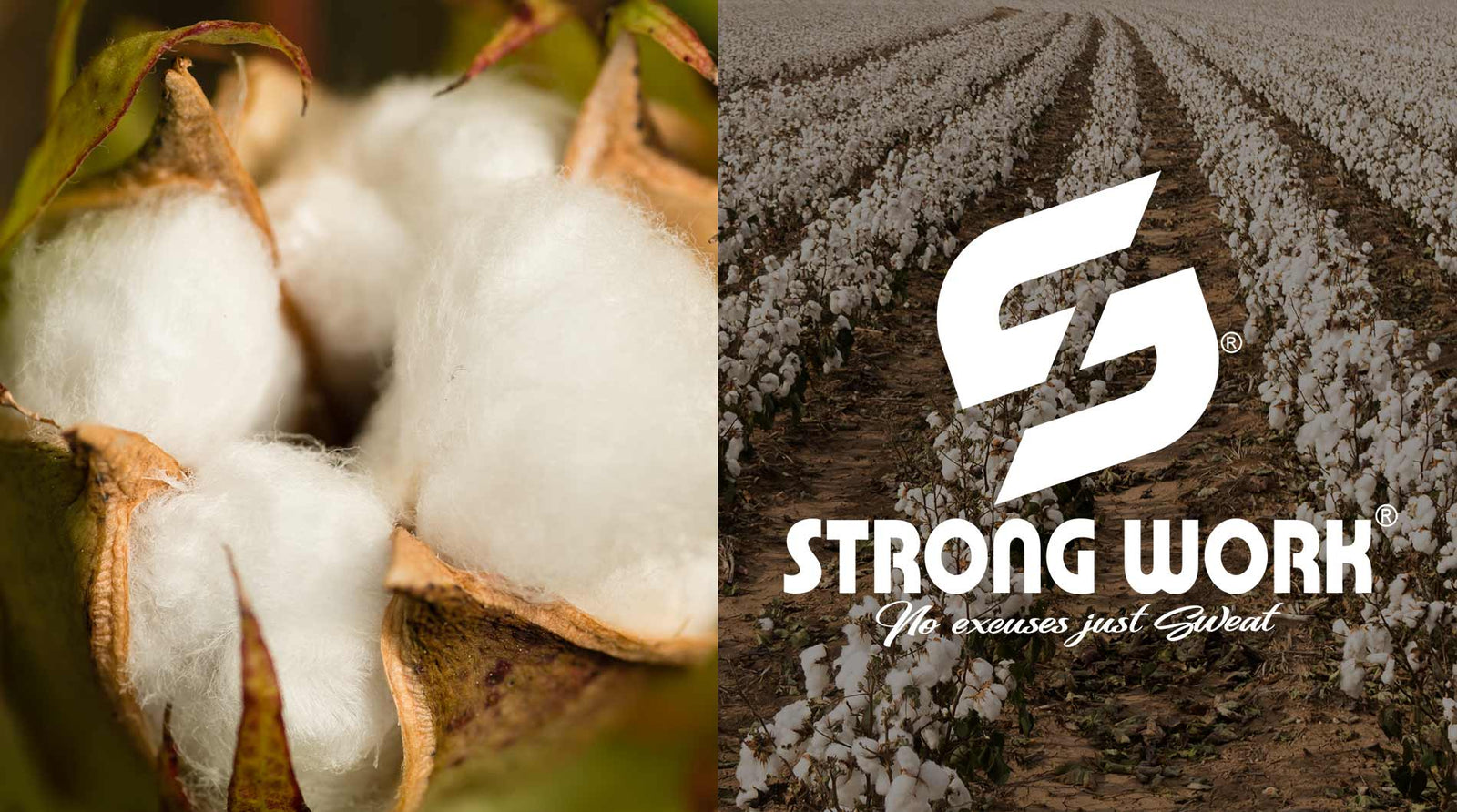Your Cart is Empty
ENJOY FREE DELIVERY FROM £130
ENJOY FREE DELIVERY FROM £130
MEN
WOMEN
How to care for your clothes in an ecologically responsible way?
September 02, 2021 4 min read

This article is an automatic translation from our Original French blog. This text may contain translation errors. Thank you for your understanding.
Among the many ways in which you can help the environment, did you know that the cleaning and care of your clothes are important? Protecting the environment, reducing water consumption, healthy products... find out now how to care for your clothes in an eco-responsible way.
THE CURRENT CARE OF OUR CLOTHES:
The advent of the washing machine and numerous cleaning products in recent years have made it much easier to care for your clothes than it used to be: detergents, stain removers, everything you need to clean your clothes and get rid of even the smallest stains.
However, did you know that many detergents contain toxic substances that are dangerous to our health? Preservatives such as those from the thiazolinone family, isothiazolinones, which are used against fungi and bacteria and can cause allergies, as well as limonene and linaol, can be found in detergents. Other substances, such as rhodamine B, a dye, are thought to contribute to the risk of cancer development.
Finally, skin problems have also been highlighted through the use of detergents that are very aggressive to the skin. Detergents irritate the skin and can lead to an imbalance in our mucous membranes.
It is not only our health that is at risk, but also many environmentally harmful substances such as silicone are found in clothing cleaning products.
THE BENEFITS OF ECO-FRIENDLY CLEANING:
Taking care of your clothes in an eco-responsible way is a guarantee that they will be used in a way that respects both your health and the environment.
Indeed, among the many benefits, we can find the following:
Reduced water consumption: a machine wash, for a 5kg washing powder, consumes on average 40 to 80 litres of water. A household consumes about 12,000 litres of water per year for its washing. By adopting an eco-responsible approach, you can help reduce water use.
Environmentally friendly products: using the detergents offered in supermarkets, which do not carry an eco-responsible label, means contributing to the discharge of numerous toxic substances into the water, degrading ecosystems. For example, softeners contain non-degradable substances and solvents contain toxic substances. By using eco-friendly detergents, you will therefore contribute to reducing water pollution and the release of substances that are toxic to the environment and our health.
THE DIFFERENT ECO-RESPONSIBLE WAYS TO CARE FOR YOUR CLOTHES:
There are different ways to care for your clothes in an eco-responsible way:
Homemade detergent: the great advantage of homemade detergent is that you know what you're putting in it, while guaranteeing the same quality of cleaning as store-bought detergent, and the absence of environmentally toxic substances. Making your own washing powder is easy! All you need is Marseille soap, which is made entirely from vegetable oils and is therefore safe for your health, and baking soda. Reduce the Marseille soap to shavings, 70 g per 2 litres of water, and add a spoonful of baking soda. If you wish to obtain a scented detergent, do not hesitate to add a few drops of an essential oil of your choice. Baking soda is a precious ally to help you clean your clothes as well as your home. Also known as Vichy salt, this white powder is reputed to be anti-allergenic, economical, contains no preservatives and is biodegradable. Multiple advantages!
Reduce washing sequences: we tend to wash a garment as soon as it has been worn. However, in many cases, the garment is not dirty and could still be used again. For example, in the case of trousers, if they have not been in contact with a dirty area, and you have not sweated in them, then you can reuse them a few times before washing them. In addition to helping the environment by reducing water consumption, you are also maintaining your garment, which can be damaged by frequent washing.
Use labelled products: in order to guide consumers towards an eco-responsible approach, labels have been set up to guarantee an ecological and environmentally friendly product. The "European Ecolabel" label was introduced in 1992 throughout the European Union and Switzerland, with the aim of The European Ecolabel was established in 1992 throughout the European Union and Switzerland, with the aim of "promoting the design, production, marketing and use of products that have a reduced impact on the environment throughout their life cycle", but also to "better inform consumers of the impact of products on the environment, without compromising the safety of the product or workers, or significantly affecting the qualities that make the product suitable for use". Another label, the Ecocert label, is a French label, established in 1991. This label offers different certifications, such as "Eco detergent", which guarantees products of organic or natural origin, using environmentally friendly manufacturing and without petrochemical ingredients, i.e. products using gas or oil.
Reduce the amount of detergent: We often tend to add more detergent than we need when we wash our clothes. However, adding more detergent will not help us wash better. It is better to follow the manufacturer's advice and respect the indicated dosage.
Washing at low temperature: washing clothes in 30 or 40 degrees water is ideal for preserving our clothes over time, but also for the environment, including energy savings. Indeed, a large part of the energy consumed by the washing machine is used to heat up the water, so a low temperature or ecological programme will avoid this.
By choosing to wash your clothes in an ecologically responsible way, you are not only helping the environment and the planet, but also your health. Both will thank you!
SUBSCRIBE TO OUR NEWSLETTER
By entering your e-mail address, you agree to receive our exclusive commercial offers and discounts by e-mail every week and you acknowledge that you are aware of our confidentiality policy. You can unsubscribe at any time using the unsubscribe links or by contacting us at
customerservice@strong-work.co.uk Thank you for your trust in us.
